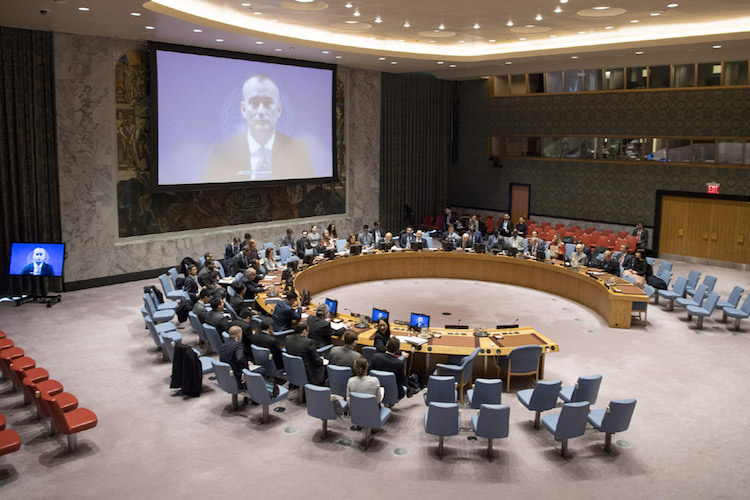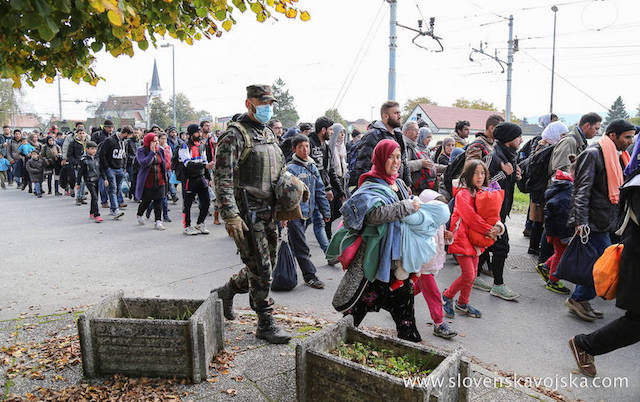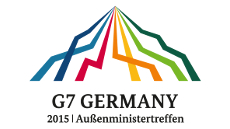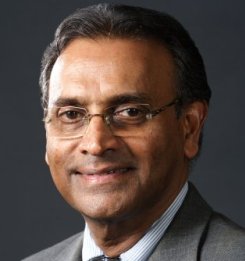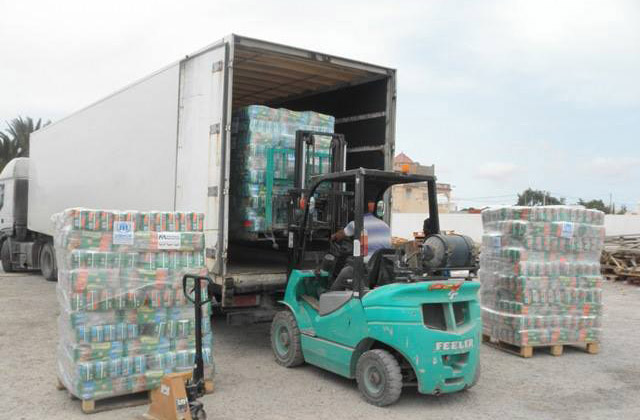By Rodney Reynolds NEW YORK (IDN) – The politics of the Trump administration are being increasingly governed by the twin policies of unilateralism and isolationism. After Donald Trump was elected president in November 2016, he withdrew from a historic 2016 climate change agreement signed by 195 countries – and the only signatory to do so. […]
UN Envoy Expresses Hope and Concern About the Gaza Accord
By Santo D. Banerjee UNITED NATIONS (IDN) – A senior United Nations official has emphasized the urgency to resolve the humanitarian crisis in the Gaza Strip and to return the enclave to full civilian and security control of the Palestinian Authority (PA) as agreed in the Cairo accord on October 12, 2017, described as a […]
The Syrian War is Not Triggered by Syrians Alone
By Roberto Savio* | IDN-InDepthNews Analysis
ROME (IDN | Other News) – The U.S. Congress, under the valiant leadership of Republicans, has vetoed the entry of Syrian refugees, including women and children, into the United States against Obama’s intention to accept 10,000 – a symbolic amount in a country, which accepts over 50.000 refugees every year – while Germany is accepting at least 800,000 Syrians.
What is frightening is the total ignorance of the world behind that veto.
How Israel Contributes to Global Citizenship
By Mel Frykberg | IDN-InDepthNews Feature
HAIFA (IDN) – Israel has contributed to Global Citizenship in a number of ways including assisting students from developing countries to tackle development challenges, using the Jewish state’s experience in emergency situations to provide assistance and emergency relief around the world.
Iran: Moving Away From Hostile Confrontation at Home and Abroad
By Mohammad Mahdi Mojahedi* | IDN-InDepthNews Analysis
TEHRAN (IDN | Iran Review) – The true importance of the recent nuclear agreement between Iran and the P5+1 group of countries, more than being related to its text, should be seen in two other aspects of the deal. The first aspect is the process of the negotiations and the method that was “invented” through the negotiations, which led to this agreement. The second aspect is wanted or unwanted “outcomes” of the deal.
Invention of this useful negotiation process, along with the outcomes of the deal, will not only divide the history of international relations and Iran’s foreign policy into two parts – before and after the Vienna nuclear agreement – but is also a certain sign of the emergence of a new Middle East, which will come into being within the next couple of decades.
Due to clear geopolitical and geostrategic reasons, following the Constitutional Revolution in Iran, none of the policies of the world’s big powers in the Middle East could have been designed and pursued in the absence of due attention to Iran’s role. The Middle Eastern policy of big powers, especially during two world wars, in addition to all the developments that took place in the Cold War era, are good evidence to this fact.
No Signs Yet Of Mass Destruction Weapon-Free Middle East
By Ramesh Jaura | IDN-InDepthNews Analysis
BERLIN (IDN) – In run-up to the four-week-long quinquennial review of the landmark Nuclear Non-Proliferation Treaty (NPT), the goal of a Middle East free of the weapons of mass destruction (WMD) and their means of delivery remains a distant dream. And so does the Helsinki Conference that should have been convened in December 2012.
All indications are that also the Foreign Ministers of the Group of Seven (G7) influential countries of the world – Canada, France, Germany, Great Britain, Italy, Japan, and the United States – do not see a silver lining on the horizon. They met ahead of G7 summit June 7-8.
Soldiers of Conscience Breaking the Silence
By Mel Frykberg | IDN-InDepth NewsFeature
This news feature tells the story of how groups of Israelis and Palestinians are empowering communities at daggers drawn to consider themselves as part of a solution, rising above parochial interests and swimming against prevailing political tide, thus lending a vibrant local dimension to the broader concept of global citizenship.
HEBRON, West Bank (IDN) – The ancient biblical city of Hebron, in the southern West Bank, is holy to Judaism, Christianity and Islam and is steeped in historical, archaeological and religious treasures.
Arab NGO Network Concerned Over Rights Violations in Egypt
By Jutta Wolf | IDN-InDepth NewsReport
BERLIN (IDN) – Violations of rights in Egypt are becoming increasingly evident in the aftermath of the country’s Ministry of Social Solidarity proposing a new law, which would constitute a dangerous escalation in the framework of systematic targeting of civil society activists and increasing restrictions imposed upon them, according to the Arab NGO Network for Development (ANND).
A Hamas David vs. an Israeli Goliath
By Jayantha Dhanapala* | IDN-InDepth NewsViewpoint
KANDY, Sri Lanka (IDN) – After an earlier eruption of one-sided warfare in Gaza, I wrote a piece titled “Eyeless in Gaza” in December 2012 referring appropriately to an Old Testament story in the Bible, resonant with both the Jewish Israeli and the Christian Palestinian, and recalling Mahatma Gandhi’s warning that an eye for an eye will make us all blind. I concluded that, “A peaceful settlement of the illegal occupation of Gaza by Israel and an end to the scandalous conditions of its 1.7 million citizens is still very far away.”
Of course no peaceful settlement has taken place. Instead we have had brutal and relentless ground and air attacks by Israel and exchanges of fire finally ending after 50 days of suffering and destruction with a ceasefire on August 27. There is no guarantee that this will be a sustainable ceasefire unless the root causes are addressed.
UN Aid Reaches Displaced Civilians in Libya
By UN News | IDN-InDepth NewsReport
NEW YORK (IDN) – The United Nations refugee agency said August 18 it had, for the first time, begun sending aid into western Libya from Tunisia to help some of the tens of thousands of people displaced by weeks of fighting in Tripoli.
A first convoy carrying urgently needed medical supplies and relief items from the UN High Commissioner for Refugees (UNHCR) was organized by the International Medical Corps (IMC) on August 16.
The two trucks set off from Medinine and crossed the border at Ras Ajdir before heading to the town of Zawiya, where some 12,000 people have sought shelter from the fighting in Libya’s capital.


